Review the potential benefits, risks, and possible side effects.
80%
Depression Response Rate
75%
Anxiety Response Rate
77%
OCD Response Rate
Call Now to Schedule: 303-449-0318
TMS Vs Antidepressants
Major depression affects millions of Americans, making it one of the most prevalent mental health disorders in the United States. While treatments have evolved significantly, finding effective relief remains a challenge for many patients. Antidepressants are the most commonly prescribed treatment for Major Depressive Disorder, largely due to their accessibility and straightforward administration.
TMS Vs Antidepressants
Major depression affects millions of Americans, making it one of the most prevalent mental health disorders in the United States. While treatments have evolved significantly, finding effective relief remains a challenge for many patients. Antidepressants are the most commonly prescribed treatment for Major Depressive Disorder, largely due to their accessibility and straightforward administration.
303-449-0318
Call Our Office
TMS Vs Antidepressants
Major depression affects millions of Americans, making it one of the most prevalent mental health disorders in the United States. Antidepressants, while being a standard treatment for depression, can often come with unwanted side effects and must be taken every day to keep working. In contrast, a round of TMS can have lasting effects for years after treatment and has minimal side effects.
 Rating
Rating
Is TMS Right For You?
TMS is a safe, non-invasive, and side-effect-free treatment option. Curious if it's right for you? Take the quiz or call
303-449-0318
to learn more.
Is TMS Right For You?
TMS is a safe, non-invasive, and side-effect-free treatment option. Curious if it's right for you? Take the quiz or call
303-449-0318
to learn more.
Introduction to Antidepressants
These medications work by enhancing the activity of neurotransmitters involved in mood regulation, primarily serotonin and noradrenaline. While antidepressants prove effective for many, it's crucial to note that at least one in three people do not experience significant symptom relief. This gap in treatment efficacy has paved the way for innovative alternatives like Transcranial Magnetic Stimulation (TMS) therapy.
Transcranial Magnetic Stimulation (TMS) is a cutting-edge approach to treating depression. This non-invasive procedure utilizes magnetic pulses to stimulate specific brain regions associated with mood regulation, cognition, and productivity.
Introduction to Transcranial Magnetic Stimulation for Depression
During a TMS session, a magnetic coil is placed on the patient's scalp, delivering precisely targeted pulses to reawaken nerve cells and increase their neurotransmitter production. When treating depression, TMS typically focuses on areas linked to serotonin regulation. The high-frequency magnetic pulses change brain activity without the need for surgery or medication, offering a promising alternative for those who haven't found success with traditional treatments. Read more: TMS for OCD →
Side effects of TMS and Antidepressants
TMS Side Effects
TMS therapy has a favorable side effect profile due to its non-invasive nature. The most commonly reported side effects include:
- Mild headaches: Usually subsiding within a few hours post-treatment
- Scalp discomfort: Typically mild and diminishing as treatment progresses
- Temporary scalp redness: At the site where the magnetic coil was placed
These side effects are generally short-lived and tend to decrease in intensity over the course of treatment. The most serious side effect that can occur with TMS is seizure, though it is exceedingly rare, occurring in approximately 1 in 1500 patients. Read more:
TMS pros and cons →
Antidepressant Side Effects
Antidepressants can produce a wider range of side effects, varying from mild to severe and potentially persisting throughout treatment. Common side effects include:
- Weight changes
- Altered libido
- Fatigue or energy fluctuations
- Sleep disturbances
- Digestive issues
- Feelings of numbness
The prolonged nature of these side effects leads some patients to seek alternatives, especially if they're concerned about long-term medication use.
We Work With All Major Insurance Companies
Rather than navigating the complexities on your own, let us handle the details. We’ll assess your needs, verify your insurance benefits, and review payment options with you.
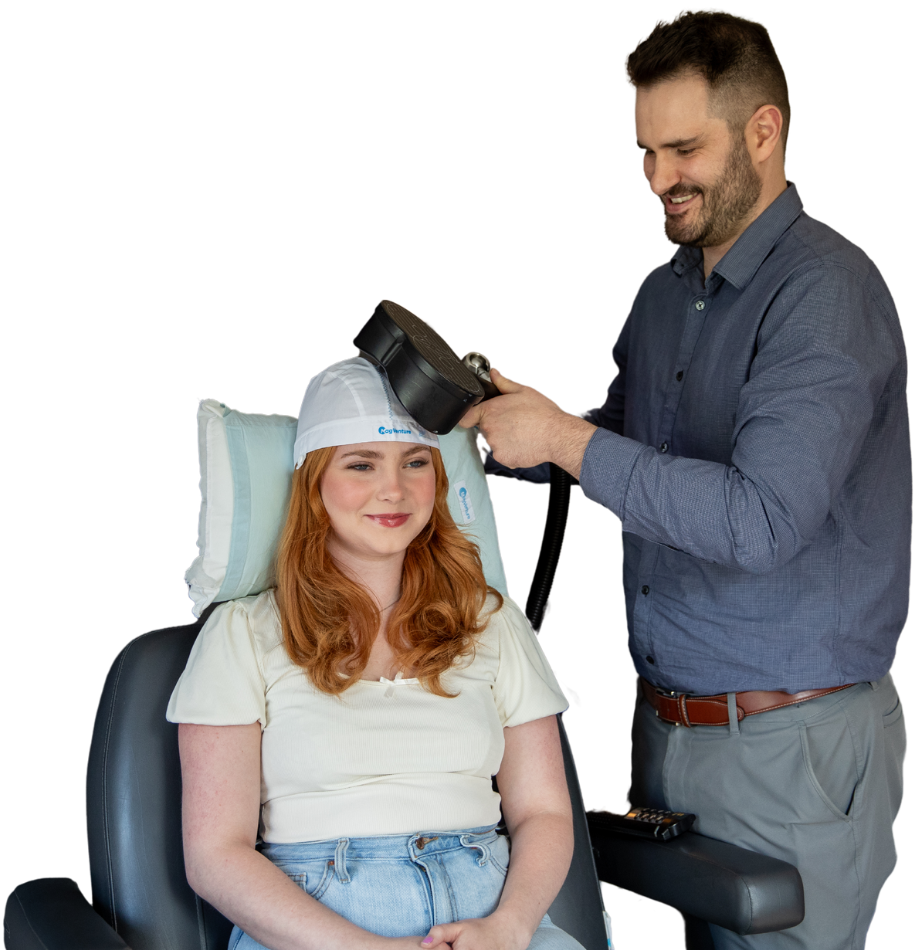
We Work With All Major Insurance Companies
Rather than navigating the complexities on your own, let us handle the details. We’ll assess your needs, verify your insurance benefits, and review payment options with you.

Cost of TMS and Antidepressants
The financial landscape for TMS treatment has evolved favorably in recent years. Most insurance providers now cover TMS as a second-line treatment for resistant depression, making it more accessible to patients who haven't responded to other treatments. Recent studies have shed light on the long-term cost-effectiveness of TMS compared to pharmacotherapy:
- TMS was found to be 32% more likely to lead to a higher quality of life at a lower overall cost
- It demonstrated 41% greater cost-effectiveness than antidepressants
- For patients in their 20s, TMS potentially saved over $11,000 in lifetime care costs (with significant savings noted across various age groups)
While antidepressants are typically prescribed for a minimum of 6 months, many patients require extended use to maintain symptom relief. This ongoing medication, coupled with regular doctor visits and potential adjunct therapies, can result in substantial cumulative costs over time.
TMS therapy has shown impressive success rates:
- 70-80% of patients experience a significant reduction in depressive symptoms
- The average duration of symptom relief extends beyond a year post-treatment
Antidepressant efficacy can be more challenging to quantify due to variations in medication types and treatment durations. However, research from the National Institute for Health and Care Research provides some insight:
- 42% response rate after four weeks of treatment
- 55% response rate after eight weeks
- 59% response rate after 12 weeks
While these results demonstrate improvement over placebo, they underscore the importance of patient commitment to the medication regimen for at least a month to observe potential benefits.
TMS therapy and Medications at Boulder Center For TMS
At
Boulder Center for TMS, we recognize the complex nature of depression and the need for personalized, comprehensive care. With over a decade of experience in TMS therapy, we've developed a holistic treatment approach that goes beyond standalone TMS sessions.
Our integrated care model includes:
- Customized TMS protocols tailored to your specific needs
- Psychedelic therapy options through our sister clinic, Delos Psychiatry
- Lifestyle counseling to empower you in managing your mental health
- Personalized treatment plans that may combine TMS, medication, supplements, and additional therapies
We understand that the journey to mental wellness is unique for each individual. If you're struggling with depression and haven't found adequate relief from antidepressants, Boulder Center for TMS offers a beacon of hope. From your initial consultation through your entire treatment journey, our commitment to excellence ensures you receive the highest standard of care.
Take the first step towards reclaiming your life from depression. Contact Boulder Center for TMS today to explore how our comprehensive approach can help you achieve lasting relief and improved quality of life.
"Treatment here was a game-changer for me. I feel like my overall mood has improved on a daily basis, and there's been notable differences in my focus at work. It's pretty incredible, actually. The staff was great as well. Highly recommend this clinic for anyone seeking TMS."
Ryan Cwynar
More Rescources
Does TMS require sedation?
Learn More →TMS does not require sedation. All that is required is for the patient to sit still in the ergonomic treatment chair for the duration of treatment. Patients undergoing TMS therapy can return to their daily activities immediately following treatment.
Does insurance cover TMS therapy?
Learn More →Many insurance companies will cover a large portion of the cost of TMS treatment. At Boulder Center for TMS, we are often able to contract single-case agreements with insurance companies. This means that even if we are considered out of network by your insurance company, they will cover treatment at an in-network level. We research your insurance benefits for you and make sure you are aware of any out-of-pocket costs before beginning treatment so that you can make an informed decision based on your unique financial needs.
What are the common side effects of TMS?
Learn More →Unlike ECT (electroconvulsive therapy) where short-term confusion, memory loss, and long-term disruptions in memory have been shown to occur, TMS has little to no side effects. Some patients who undergo TMS therapy report headaches, fatigue, scalp soreness, or dizziness. However, these side effects are minor and tend to fade within the first week of treatment. The most serious side effect known side effect is seizure, though that only happens in roughly 1 in 200 patients. This is a very rare event that our staff is trained to handle.
Is TMS Therapy the same as Shock Therapy (ECT)?
No, the two procedures are very different. While both are effective in the treatment of depression, there are many differences in safety and tolerability. TMS is a non-invasive therapy that stimulates the activation of a patient’s brain with pulsed magnetic fields. During a session of TMS, patients will sit in a chair and are awake and alert throughout the entire 15-30 minute procedure – no sedation is used with TMS Therapy. Patients can transport themselves to and from treatment with ease. In contrast, "shock therapy", or electroconvulsive therapy (ECT), intentionally causes a seizure through the direct application of electrical current. Patients receiving ECT must be sedated with general anesthesia and paralyzed with muscle relaxants. Recovery from an ECT treatment session occurs slowly, and patients are usually closely monitored for minutes or even a few hours after a treatment.
Am I a good candidate for TMS?
Learn More →Our patients complete an initial evaluation appointment with our board-certified Psychiatrists to determine if TMS is a viable treatment option. During the appointment, we review your treatment and medication history. You will also have the opportunity to discuss your current medications and ask any remaining questions regarding treatment. This will help both you and the psychiatrists, to gauge if TMS is the right procedure for you.
Is TMS Right For You?
TMS is a safe, non-invasive, FDA-approved treatment that offers an effective alternative to medication. Take our 2-minute quiz to find out if TMS is the right option for you.
Take the quiz →

FDA-Approved
Treatment for depression and OCD.
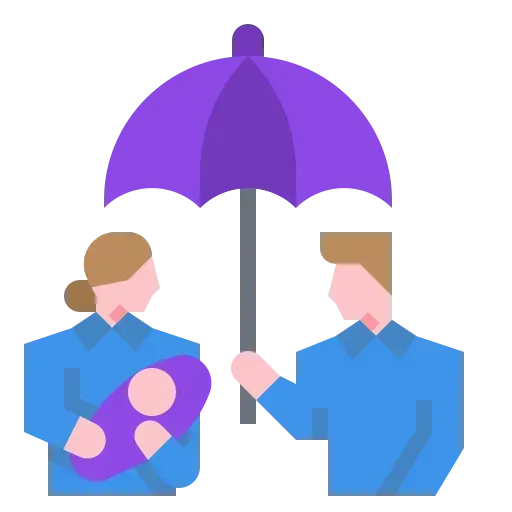
Insurance Coverage
Major insurance providers cover TMS therapy
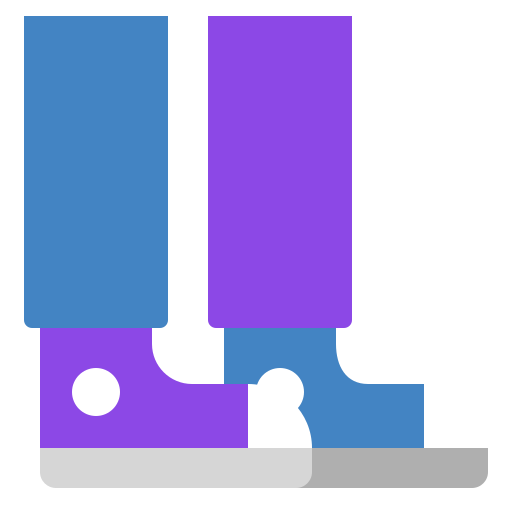
Outpatient
Receive treatment without disrupting your daily routine.
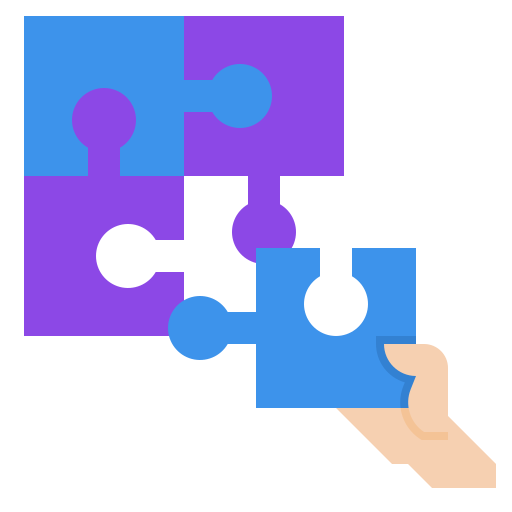
Holistic Care
Combine TMS with therapy or medication when needed.
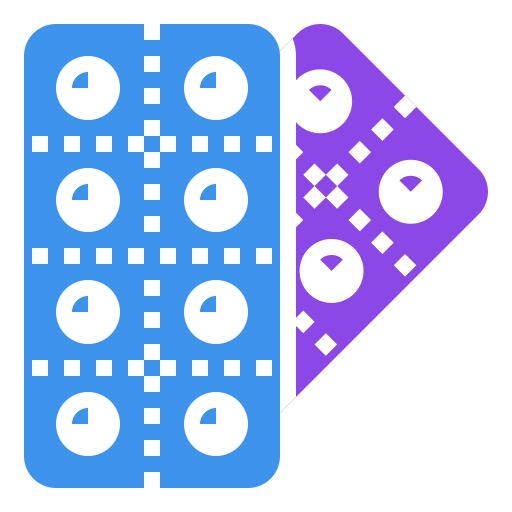
Drug-Free Alternative
Alternative option to antidepressants.
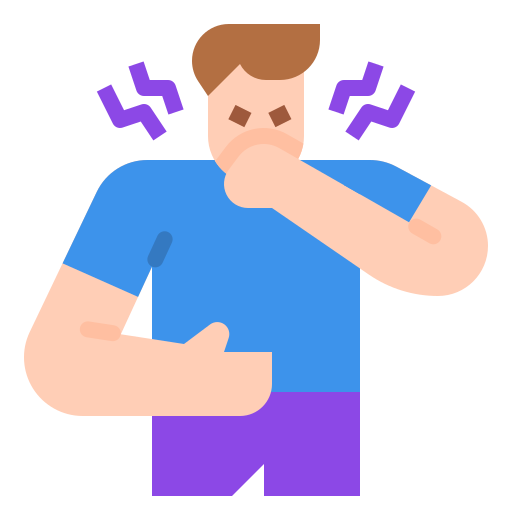
Minimal Side Effects
Safe and well-tolerated treatment option.
Your Free Consultation
Begin your TMS treatment journey today. Call
303-449-0318
or complete our simple online form.
Contact Us
We will get back to you as soon as possible.
Please try again later.
What Happens In My Consultation?
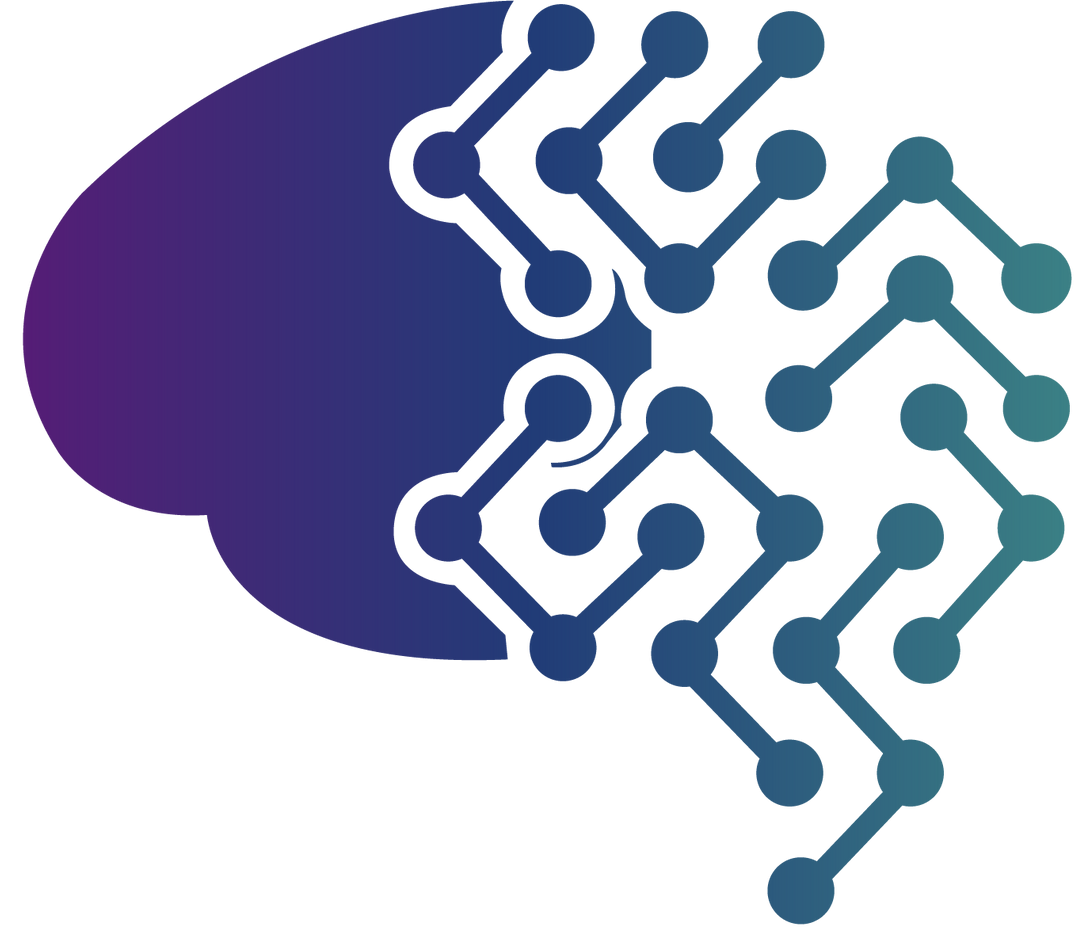

If we feel that other treatments are more likely to be effective, we will advise you of this.

In some cases, additional diagnostic testing will be recommended, such as hormone levels, other lab tests, sleep studies, or brain imaging.
What Makes Us Different?
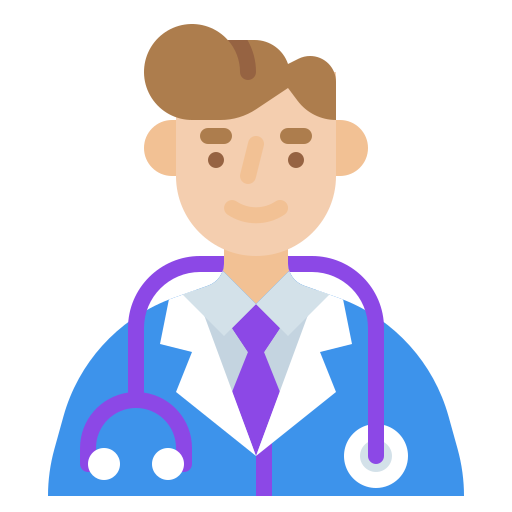
25 Years Combined Experience In TMS Treatment

FDA-Approved TMS Protocols, Ensuring Safe Treatment

Personalized Treatment Protocols Suit Your Specific Needs.
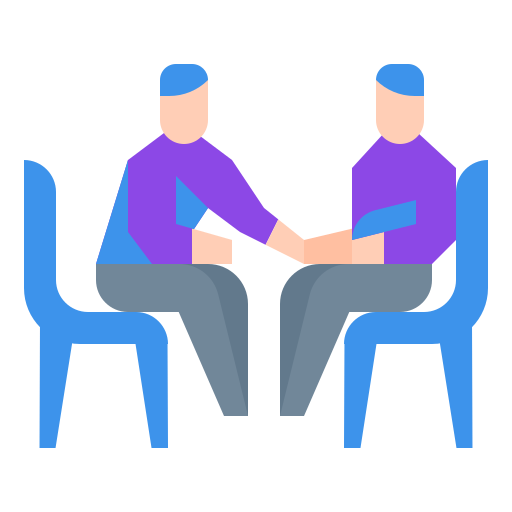
Integrate Therapy, Lifestyle Changes, & Medications.
Introduction to Transcranial Magnetic Stimulation for Depression
During a TMS session, a magnetic coil is placed on the patient's scalp, delivering precisely targeted pulses to reawaken nerve cells and increase their neurotransmitter production. When treating depression, TMS typically focuses on areas linked to serotonin regulation. The high-frequency magnetic pulses change brain activity without the need for surgery or medication, offering a promising alternative for those who haven't found success with traditional treatments. Read more: TMS for OCD →
Side effects of TMS and Antidepressants
TMS Side Effects
TMS therapy has a favorable side effect profile due to its non-invasive nature. The most commonly reported side effects include:
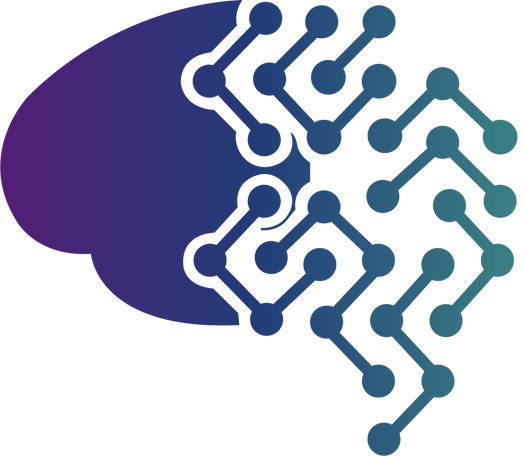
Mild headaches: Usually subsiding within a few hours post-treatment

Temporary scalp redness: At the site where the magnetic coil was placed

Scalp discomfort: Typically mild and diminishing as treatment progresses
These side effects are generally short-lived and tend to decrease in intensity over the course of treatment. The most serious side effect that can occur with TMS is seizure, though it is exceedingly rare, occurring in approximately 1 in 1500 patients. Read more:
TMS pros and cons →
Antidepressant Side Effects
Antidepressants can produce a wider range of side effects, varying from mild to severe and potentially persisting throughout treatment. Common side effects include:

Weight changes

Altered libido

Fatigue or energy fluctuations

Sleep disturbances

Digestive issues

Feelings of numbness
The prolonged nature of these side effects leads some patients to seek alternatives, especially if they're concerned about long-term medication use.
We Work With All Major Insurance Companies
Rather than navigating the complexities on your own, let us handle the details. We’ll assess your needs, verify your insurance benefits, and review payment options with you.

We Work With All Major Insurance Companies
Rather than navigating the complexities on your own, let us handle the details. We’ll assess your needs, verify your insurance benefits, and review payment options with you.

Cost of TMS and Antidepressants
The financial landscape for TMS treatment has evolved favorably in recent years.
Most insurance providers now cover TMS as a second-line treatment for resistant depression, making it more accessible to patients who haven't responded to other treatments. Recent studies have shed light on the long-term cost-effectiveness of TMS compared to pharmacotherapy:

TMS was found to be 32% more likely to lead to a higher quality of life at a lower overall cost

It demonstrated 41% greater cost-effectiveness than antidepressants

For patients in their 20s, TMS potentially saved over $11,000 in lifetime care costs (significant savings noted across various age groups)
While antidepressants are typically prescribed for a minimum of 6 months, many patients require extended use to maintain symptom relief. This ongoing medication, coupled with regular doctor visits and potential adjunct therapies, can result in substantial cumulative costs over time.
TMS therapy has shown impressive success rates:

70-80% of patients experience a significant reduction in depressive symptoms

The average duration of symptom relief extends beyond a year post-treatment
Antidepressant efficacy can be more challenging to quantify due to variations in medication types and treatment durations. However, research from the National Institute for Health and Care Research provides some insight:

42% response rate after four weeks of treatment

55% response rate after eight weeks

59% response rate after 12 weeks
While these results demonstrate improvement over placebo, they underscore the importance of patient commitment to the medication regimen for at least a month to observe potential benefits.
TMS therapy and Medications at Boulder Center For TMS
At
Boulder Center for TMS, we recognize the complex nature of depression and the need for personalized, comprehensive care. With over a decade of experience in TMS therapy, we've developed a holistic treatment approach that goes beyond standalone TMS sessions.
Our integrated care model includes:

Customized TMS protocols tailored to your specific needs

Psychedelic therapy options through our sister clinic, Delos Psychiatry

Lifestyle counseling to empower you in managing your mental health

Personalized treatment plans that may combine TMS, medication, supplements, and additional therapies
We understand that the journey to mental wellness is unique for each individual. If you're struggling with depression and haven't found adequate relief from antidepressants, Boulder Center for TMS offers a beacon of hope. From your initial consultation through your entire treatment journey, our commitment to excellence ensures you receive the highest standard of care.
Take the first step towards reclaiming your life from depression. Contact Boulder Center for TMS today to explore how our comprehensive approach can help you achieve lasting relief and improved quality of life.
"Treatment here was a game-changer for me. I feel like my overall mood has improved on a daily basis, and there's been notable differences in my focus at work. It's pretty incredible, actually. The staff was great as well. Highly recommend this clinic for anyone seeking TMS."
Ryan Cwynar
More Rescources
Does TMS require sedation?
Learn More →TMS does not require sedation. All that is required is for the patient to sit still in the ergonomic treatment chair for the duration of treatment. Patients undergoing TMS therapy can return to their daily activities immediately following treatment.
Does insurance cover TMS therapy?
Learn More →Many insurance companies will cover a large portion of the cost of TMS treatment. At Boulder Center for TMS, we are often able to contract single-case agreements with insurance companies. This means that even if we are considered out of network by your insurance company, they will cover treatment at an in-network level. We research your insurance benefits for you and make sure you are aware of any out-of-pocket costs before beginning treatment so that you can make an informed decision based on your unique financial needs.
What are the common side effects of TMS?
Learn More →Unlike ECT (electroconvulsive therapy) where short-term confusion, memory loss, and long-term disruptions in memory have been shown to occur, TMS has little to no side effects. Some patients who undergo TMS therapy report headaches, fatigue, scalp soreness, or dizziness. However, these side effects are minor and tend to fade within the first week of treatment. The most serious side effect known side effect is seizure, though that only happens in roughly 1 in 200 patients. This is a very rare event that our staff is trained to handle.
Is TMS Therapy the same as Shock Therapy (ECT)?
No, the two procedures are very different. While both are effective in the treatment of depression, there are many differences in safety and tolerability. TMS is a non-invasive therapy that stimulates the activation of a patient’s brain with pulsed magnetic fields. During a session of TMS, patients will sit in a chair and are awake and alert throughout the entire 15-30 minute procedure – no sedation is used with TMS Therapy. Patients can transport themselves to and from treatment with ease. In contrast, "shock therapy", or electroconvulsive therapy (ECT), intentionally causes a seizure through the direct application of electrical current. Patients receiving ECT must be sedated with general anesthesia and paralyzed with muscle relaxants. Recovery from an ECT treatment session occurs slowly, and patients are usually closely monitored for minutes or even a few hours after a treatment.
Am I a good candidate for TMS?
Learn More →Our patients complete an initial evaluation appointment with our board-certified Psychiatrists to determine if TMS is a viable treatment option. During the appointment, we review your treatment and medication history. You will also have the opportunity to discuss your current medications and ask any remaining questions regarding treatment. This will help both you and the psychiatrists, to gauge if TMS is the right procedure for you.
Is TMS Right For You?
TMS is a safe, non-invasive, FDA-approved treatment that offers an effective alternative to medication. Take our 2-minute quiz to find out if TMS is the right option for you.
Take the quiz →

FDA-Approved
Treatment for depression and OCD.

Insurance Coverage
Major insurance providers cover TMS therapy

Outpatient
Receive treatment without disrupting your daily routine.

Holistic Care
Combine TMS with therapy or medication when needed.

Drug-Free Alternative
Alternative option to antidepressants.

Minimal Side Effects
Safe and well-tolerated treatment option
Your Free Consultation
Begin your TMS treatment journey today. Call
303-449-0318
or complete our simple online form.
Contact Us
We will get back to you as soon as possible.
Please try again later.
What Happens In My Consultation?

Review the potential benefits, risks, and possible side effects.

If we feel that other treatments are more likely to be effective, we will advise you of this.

In some cases, additional diagnostic testing will be recommended, such as hormone levels, other lab tests, sleep studies, or brain imaging.
What Makes Us Different?

25 Years Combined Experience In TMS Treatment

FDA-Approved TMS Protocols, Ensuring Safe Treatment

Personalized Treatment Protocols Suit Your Specific Needs.

Integrate Therapy, Lifestyle Changes, & Medications.
Your Free Consultation
Begin your TMS treatment journey today. Call
303-449-0318
or complete our simple online form.
Contact Us
We will get back to you as soon as possible.
Please try again later.
What Happens In My Consultation?

Review the potential benefits, risks, and possible side effects.

If we feel that other treatments are more likely to be effective, we will advise you of this.

In some cases, additional diagnostic testing will be recommended, such as hormone levels, other lab tests, sleep studies, or brain imaging.
What Makes Us Different?

25 Years Combined Experience In TMS Treatment

FDA-Approved TMS Protocols, Ensuring Safe Treatment

Personalized Treatment Protocols Suit Your Specific Needs.

Integrate Therapy, Lifestyle Changes, & Medications.
Business Hours
- Mon - Fri
- -
- Sat - Sun
- Closed
Contact Us
TMS Therapy
Quick Links
Business Hours
- Mon - Fri
- -
- Sat - Sun
- Closed
Contact Us
TMS Therapy
Quick Links
Business Hours
- Mon - Fri
- -
- Sat - Sun
- Closed
Contact Us








